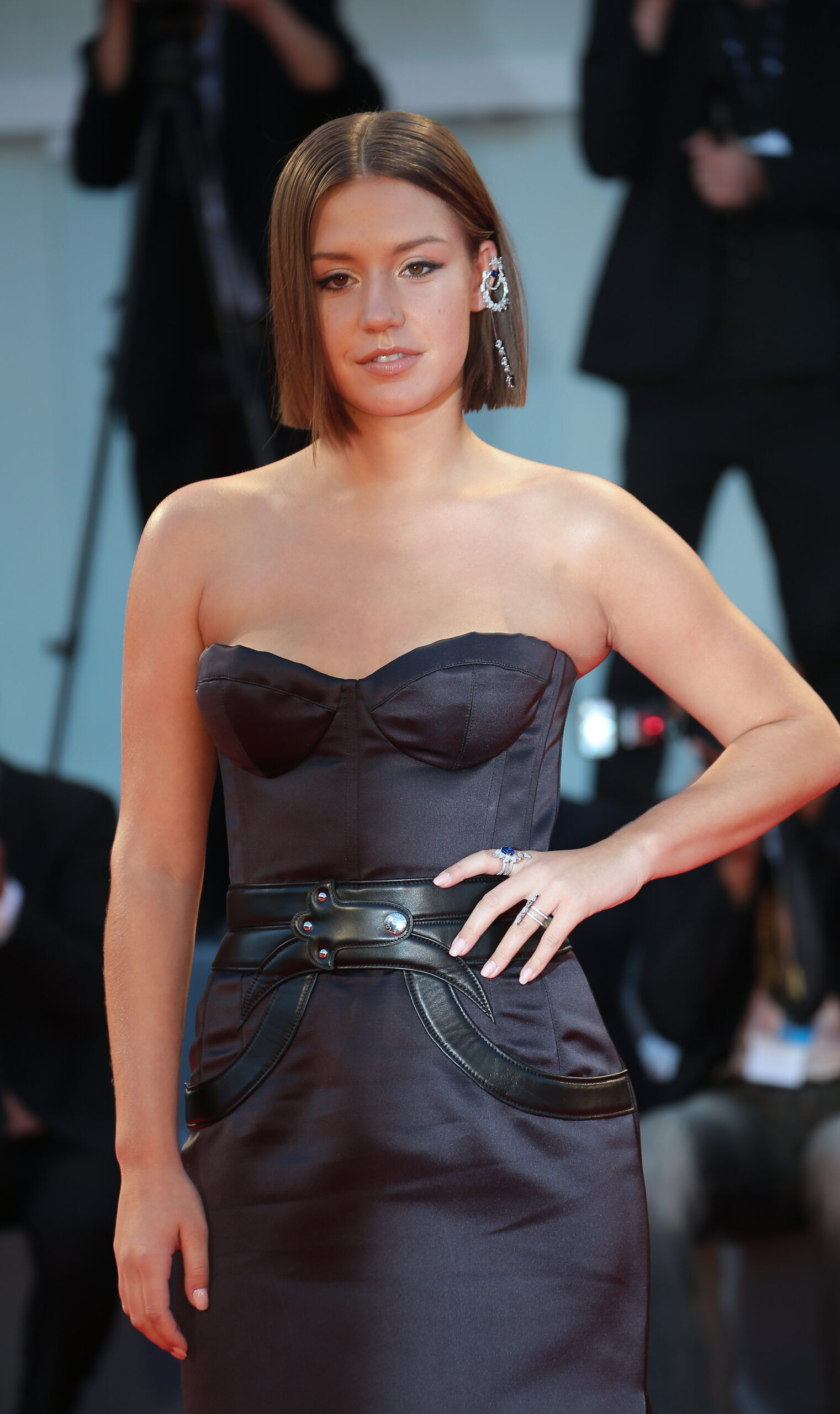This fall, the landmark sapphic romance film Blue is the Warmest Colour will hit its tenth anniversary. The film is remembered fondly for its realistic style and brazen sexuality, but from the moment it hit the festival circuit, controversies began to come to light. Now one of the film’s stars, Adèle Exarchopoulos, is looking back on the entire experience from a much different perspective.
The controversies were mainly rooted in working conditions on set, especially the filming of the many sex scenes, and most of the criticism concerned director Abdellatif Kechiche. Crew members characterized Kechiche as having both high demands and a disorganized style. Additionally, the sex scenes were completely improvised without an intimacy coordinator and the longest took over ten days. Léa Seydoux, the film’s co-lead, described the process as “horrible” and said she “felt like a prostitute.”
Exarchopoulos elaborated at the time, “He wanted to have sex scenes, but without choreography. Once we were on the shoot, I realized that he really wanted us to give him everything. Most people don’t even dare to ask the things that he did, and they’re more respectful.”
Related:
Jesse James Keitel, Jaclyn Moore, and CG Talk Bringing Trans Sex Scenes to “Queer As Folk”
“To me, it’s about like putting trans people front and center in their own stories.”
Both actresses went on to downplay these remarks to varying degrees, with Exarchopoulos describing the film as “best thing I have done in my life” in a conversation with The Guardian.
With the film now approaching its tenth anniversary, Exarchopoulos is looking back on Blue is the Warmest Colour through a rosier lens. “I know the truth,” she told i News in a new interview. “I loved this experience. It was hard, it was intense, it was not conventional – but I love [Kechiche] and his contradictions. We are two wild animals.”
“What I did in La vie d’Adèle, I chose to do it,” she added, referring to the film’s French title.
In regards to the lack of an intimacy coordinator, Exarchopoulos pointed out that this was not a common thing at the time. “I never experienced [having an intimacy coordinator],” she recalled. “But I’ve been in casts, and people speak about the nudity. [They say] ‘It’s OK, you will speak before and you will be accompanied…’ Me, I don’t know this.”
She added that she is happy less actors these days have to go through a similar experience. “I think it’s good for the system that there is something [protecting actors]… you can feel free if you feel security,” she said.
Don't forget to share:
Help make sure LGBTQ+ stories are being told...
We can't rely on mainstream media to tell our stories. That's why we don't lock our articles behind a paywall. Will you support our mission with a contribution today?
Cancel anytime · Proudly LGBTQ+ owned and operated
Read More in Culture
The Latest on INTO
Subscribe to get a twice-weekly dose of queer news, updates, and insights from the INTO team.
in Your Inbox














